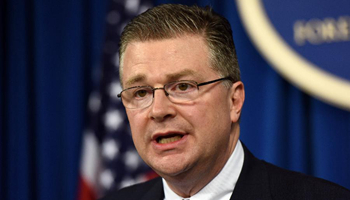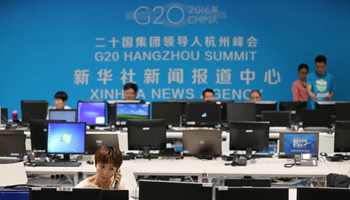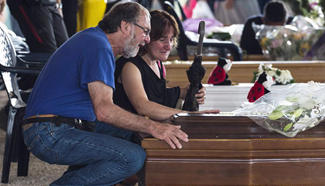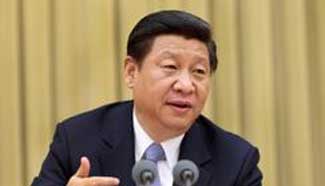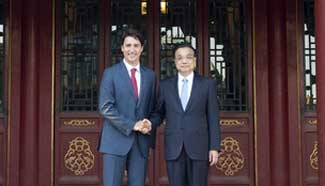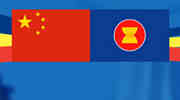MEXICO CITY, Aug. 31 (Xinhua) -- Dilma Rousseff's removal as president of Brazil for fiscal irregularities had a clear political motive but was not a coup, as Rousseff has stated, according to an expert.
Mario Torrico, a political expert from the Latin American School of Social Sciences (Flacso) in Mexico City, told Xinhua that the impeachment "was used a mechanism to remove her from power for political reasons. However, to go from that to saying that a coup d'etat is happening in Brazil is going too far."
"There is no coup d'etat in Brazil, it's a process which follows the constitutional rules for removing a president," he added.
The Brazilian Senate voted on Wednesday to strip Dilma Rousseff of the presidency by 61 votes in favour to 20 votes against.
This means Rousseff is immediately and permanently removed from her role and Michel Temer, who assumed the interim presidency after Rousseff was suspended in May, will become president until the end of this term in 2018.
For Torrico, the seeds of Rousseff's impeachment sprouted when her Workers' Party (PT) saw its alliances with other political parties fell apart.
"I am certain that, if it had not been this accusation, it would have been another. The reason for this trial is political," he stated.
According to Torrico, the fiscal manipulations Rousseff stood guilty of were used by "previous presidents and governors of states." However, he believes her acts were certainly illegal since she needed the approval of Congress.
Furthermore, Torrico predicts that Temer's policies will not be easy to be implemented in Brazil, as he will have to make "important and painful fiscal adjustments." He has less than two years to do so since Temer is ineligible to stand for election during the next presidential race in 2018.
"Brazil is facing a very complicated landscape over the next two years, when there will be new elections for president," said Torrico.
Rousseff's impeachment should teach two lessons for Latin America, as a whole, he noted. First, people are beginning to demand stiff accounts from left-wing governments that do not meet their promises. Second, national economies can no longer be dependent on raw materials, since Brazil's economy tanked as oil prices did the same.
"Today, left-wing governments have to pay the costs. Beforehand, the right-wing governments paid the costs but we have not learned our lesson. I hope we learn it now," he concluded.


